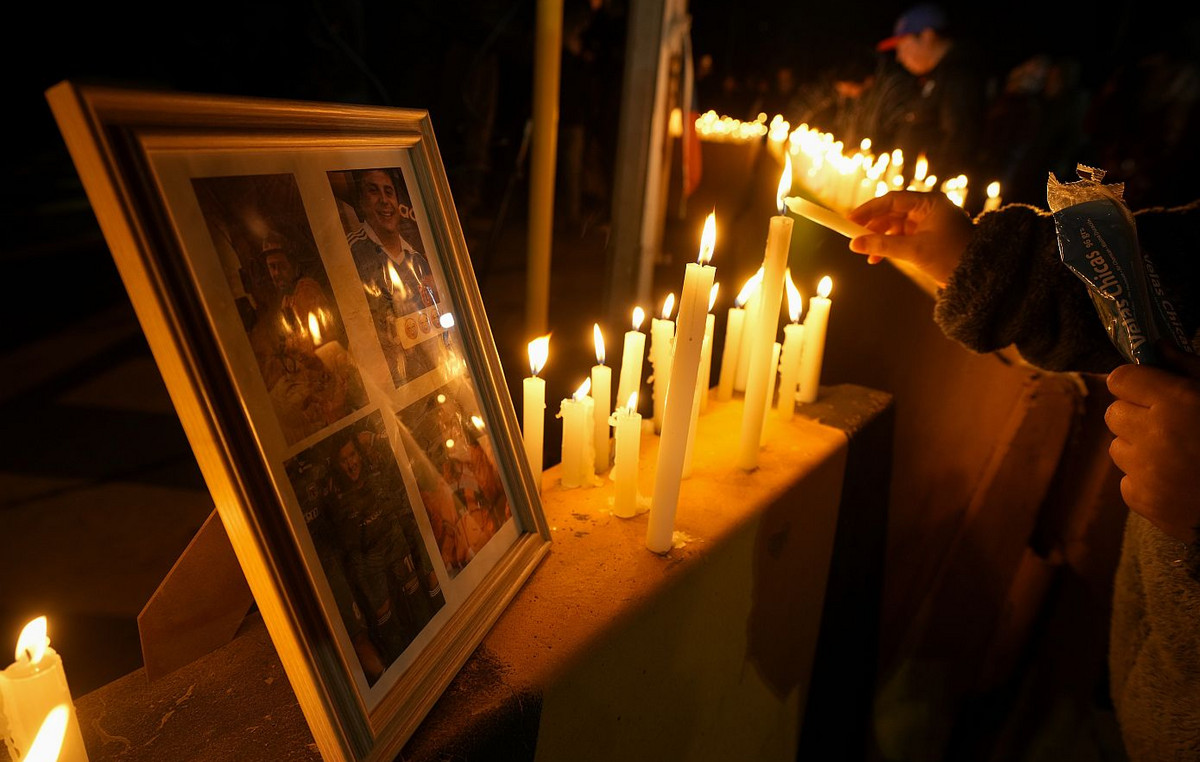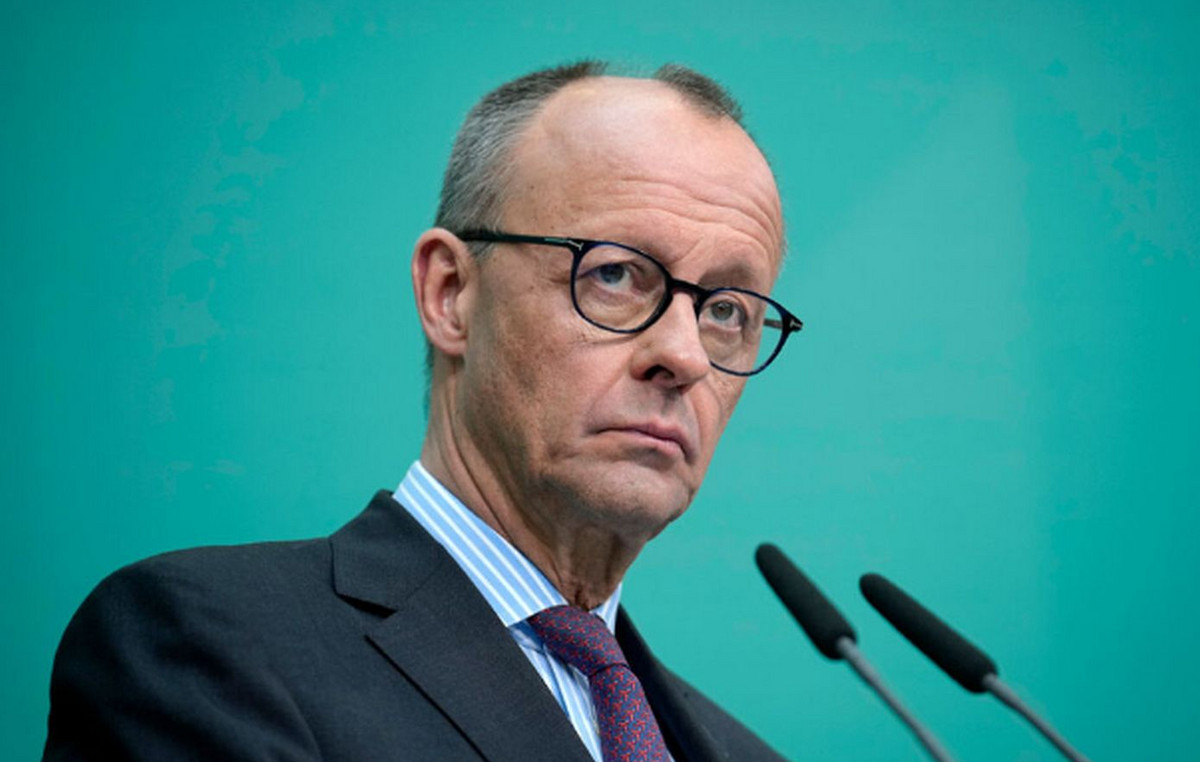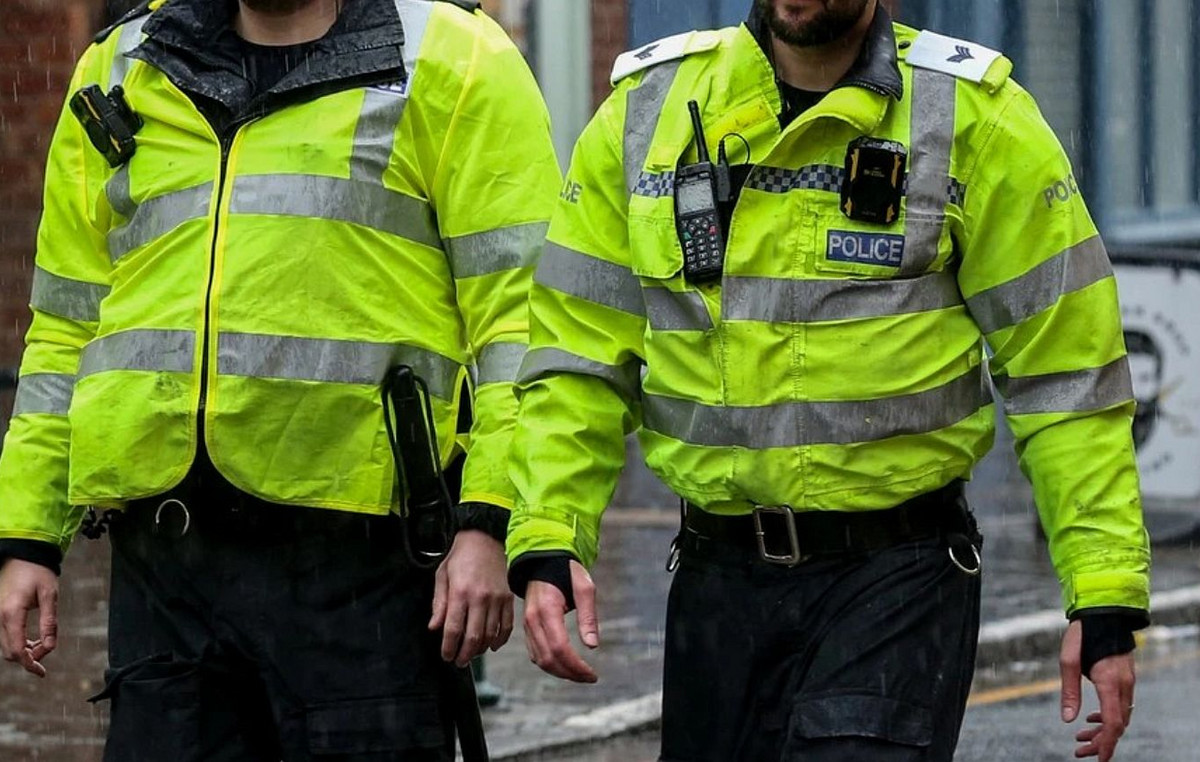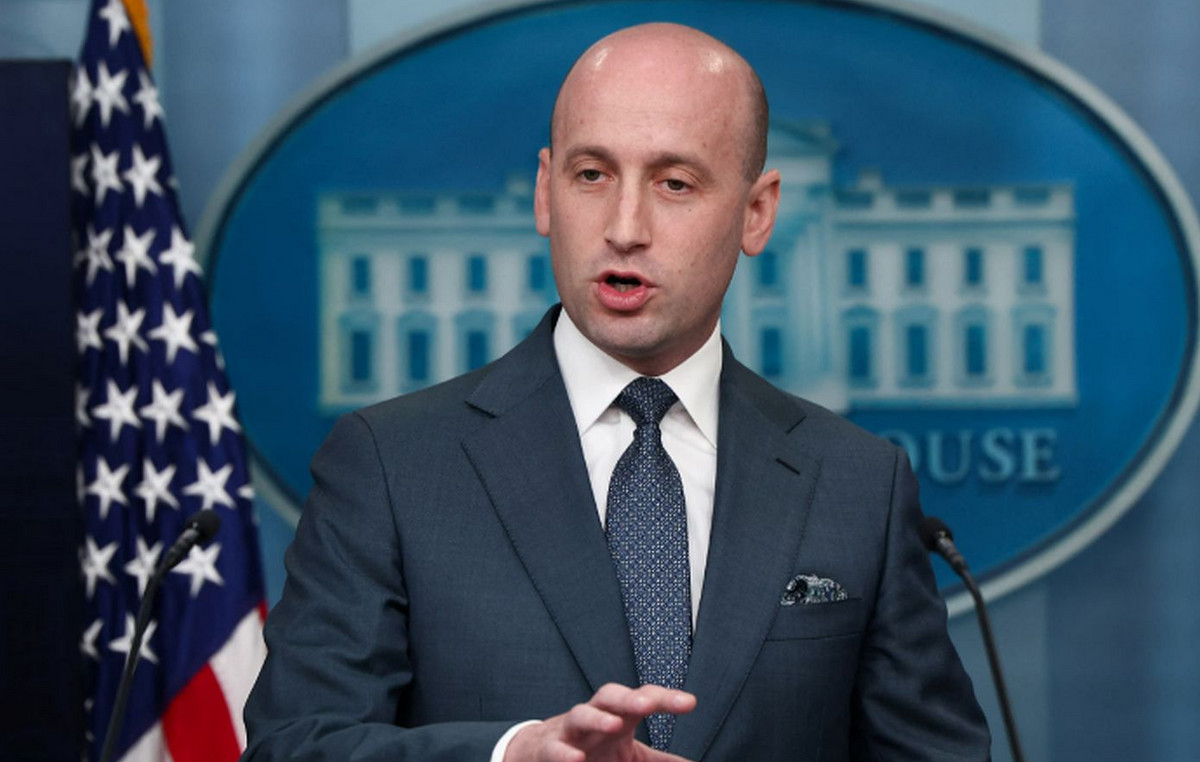The decision of the President of Mexico to boycott the Summit of the Americas, held in Los Angeles (USA), made useless the months work of US President Joe Biden and other senior officials to convince him to attend.
Now, the main Central American countries are following the lead of President Andrés Manuel López Obrador, sending only lower-level delegates instead of their leaders.
By the time Biden arrives at the Summit on Wednesday, questions about the event’s guest list and attendees will have clouded his larger purpose, a source of frustration for government officials who didn’t necessarily expect the mess.
The decision by several countries to stay away from the Southern California gathering, a protest against Biden’s decision not to invite three regional autocrats, highlighted the struggle to wield US influence in a region that has become politically divided and faces economic difficulties. .
And he exposed the difficulties and contradictions in Biden’s promise to restore democratic values to American foreign policy. Even as he takes a stand against inviting dictators to a summit on US soil, sparking anger and boycotts from these key regional partners, his advisers are simultaneously planning a visit to Saudi Arabia – seen as a necessity at a time of global energy crisis. . despite the kingdom’s serious human rights record.
White House press secretary Karine Jean-Pierre said Tuesday that the country is an “important partner”, although Biden once said it must become an “outcast”.
In the end, the White House announced that 23 heads of state will attend this week’s Summit of the Americas, which administration officials said was in line with previous iterations of the triennial meeting. A leader who was on the fence, Brazilian President Jair Bolsonaro, will attend and meet Biden for the first time.
However, the absences of the presidents of Mexico, El Salvador, Honduras and Guatemala are still notable as the United States has worked to cultivate these leaders as partners on immigration, an issue that looms large as a political responsibility for Biden.
Administration officials Monday dismissed concerns about attendance at the summit, saying they do not believe lower-level delegates from certain countries will change the outcome.
“We really hope that participation will in no way be a barrier to doing significant business at the summit. In fact, quite the contrary, we are very pleased with the way the results are shaping up and with the commitment of other countries,” said a senior government official, adding that commitments range from short to long term.
The White House insisted that the president was firm in his view that the autocratic leaders of Cuba, Venezuela and Nicaragua should not be invited to participate — even if it means increasing disagreements with other countries in the region.
“At the end of the day, we just don’t believe that dictators should be invited. We do not regret that, and the president will maintain his principle,” said Jean-Pierre.

Trouble has been on the horizon for months
Biden, who arrives in Los Angeles on Wednesday, is expected to announce a new partnership with Western Hemisphere countries during the meeting as part of a broader effort to stabilize the region, officials said.
His government has been working since last year to organize the Summit, which was formally announced last August. The city of Los Angeles was chosen as the host in January. Biden named former Senator Chris Dodd, his friend and former colleague on the Senate Foreign Relations Committee, as special adviser to the event.
Dodd, Vice President Kamala Harris and even First Lady Jill Biden traveled around the region to rally support. However, as the meeting approached, it became evident that an event aimed at reasserting American leadership in the region was facing serious obstacles.
For weeks before the summit began, López Obrador hinted that he would boycott unless all leaders in the region were invited – including those from Cuba, Nicaragua and Venezuela. Other leaders, mainly on the left, signaled that they might also not attend if the invitations were not for everyone.
Administration officials questioned whether these leaders would carry out their threats, suggesting they were attempts to play to a domestic audience that is often skeptical of the United States.
During an April phone call between Biden and López Obrador, the matter was debated. The White House said the two “expected to meet again at the Summit of the Americas in June,” a sign that the administration believed the Mexican president would attend.
In recent weeks, Dodd has spent lengthy virtual sessions pressuring López Obrador to reconsider his boycott threat. Members of Congress – including Senator Bob Menendez, chairman of the Senate Foreign Relations Committee – publicly protested the invitation from any leaders from Cuba, Venezuela or Nicaragua.
“The biggest problem is that the focus on the guest list takes us away from the focus on substance, but that’s the logic that happens before a summit. We don’t talk much about substance because the summit hasn’t started yet, we’re just talking about who might be there,” said Roberta Jacobson, former US Ambassador to Mexico.
Ultimately, the weeks of speculation were over – but not in the way the White House had hoped.
“There cannot be a Summit of the Americas if all the countries of the Americas cannot participate,” López Obrador told a news conference in Mexico City. “This is to continue the old interventionist policies, of disrespect for nations and their peoples”.

The absence of the Mexican president is not part of a larger rift
Mexican officials conveyed their president’s decision to the White House in advance, and Biden was informed before the news became public. Instead of meeting at the summit, Biden and López Obrador will meet in Washington next month.
“The fact that they disagree on this issue is now very clear,” said a senior government official. Officials sought to emphasize that the decision to boycott was rooted in a specific disagreement over the guest list and did not indicate a larger disagreement.
“What we’ve done in the last few weeks, almost a month ago, is consulted with our partners and friends in the region so that we understand their points of view,” the official said. “In the end, the president decided and highlighted that in all the commitments we’ve had… that we believe the best use of this summit is to bring together countries that share a set of democratic principles.”
Biden is turning his focus to the Americas after a series of foreign policy crises in other parts of the world, including the chaotic withdrawal from Afghanistan and Russia’s invasion of Ukraine.
He completed his first visit to Asia late last month. This region is one where its encouraging message of “autocracy versus democracy” is being put into practice in real time, as China works to reach out to economically struggling nations seeking support from abroad.
In his opening remarks on Wednesday, Biden will introduce the so-called “Partnership of the Americas,” which will focus on economic recovery, investment mobilization, supply chains, clean energy and trade — all with the hope of strengthening U.S. partnerships in region.
During the summit, Biden is also expected to announce more than $300 million in assistance to combat food insecurity, in addition to other private sector commitments, as well as health initiatives and a partnership on climate resilience.
immigration issue
As the Summit progresses, the imperative to make progress on immigration is being clearly illustrated in southern Mexico. A new caravan of migrants set out on foot on Monday to raise awareness of the issue as leaders meet in Los Angeles.
An official with the United Nations High Commissioner for Refugees said a group of about 2,300 people had left the southern Mexican city of Tapachula for the north. The group is mainly composed of Venezuelans, but also includes migrants from Nicaragua, Cuba, El Salvador and Honduras.
A Mexican immigration organization said in a bulletin that the group mainly included families and children “who demand access to migration procedures and dignified treatment by the authorities.”
Tapachula, located just across the border from Guatemala, is a popular way station for migrants traveling from Central America.
Under Mexican immigration laws, migrants and asylum seekers are often required to wait in the area for several months with limited job opportunities. Migrant caravans northward left Tapachula regularly last year, though this week’s appears to be one of the biggest.
In Los Angeles, Biden and other leaders are expected to agree on a new migration document, dubbed the Los Angeles Declaration, during their Friday meetings. The objective is to explain how countries in the region and in the world must share the responsibility of welcoming migrants.
Officials said they were confident Mexico would sign.
Source: CNN Brasil







